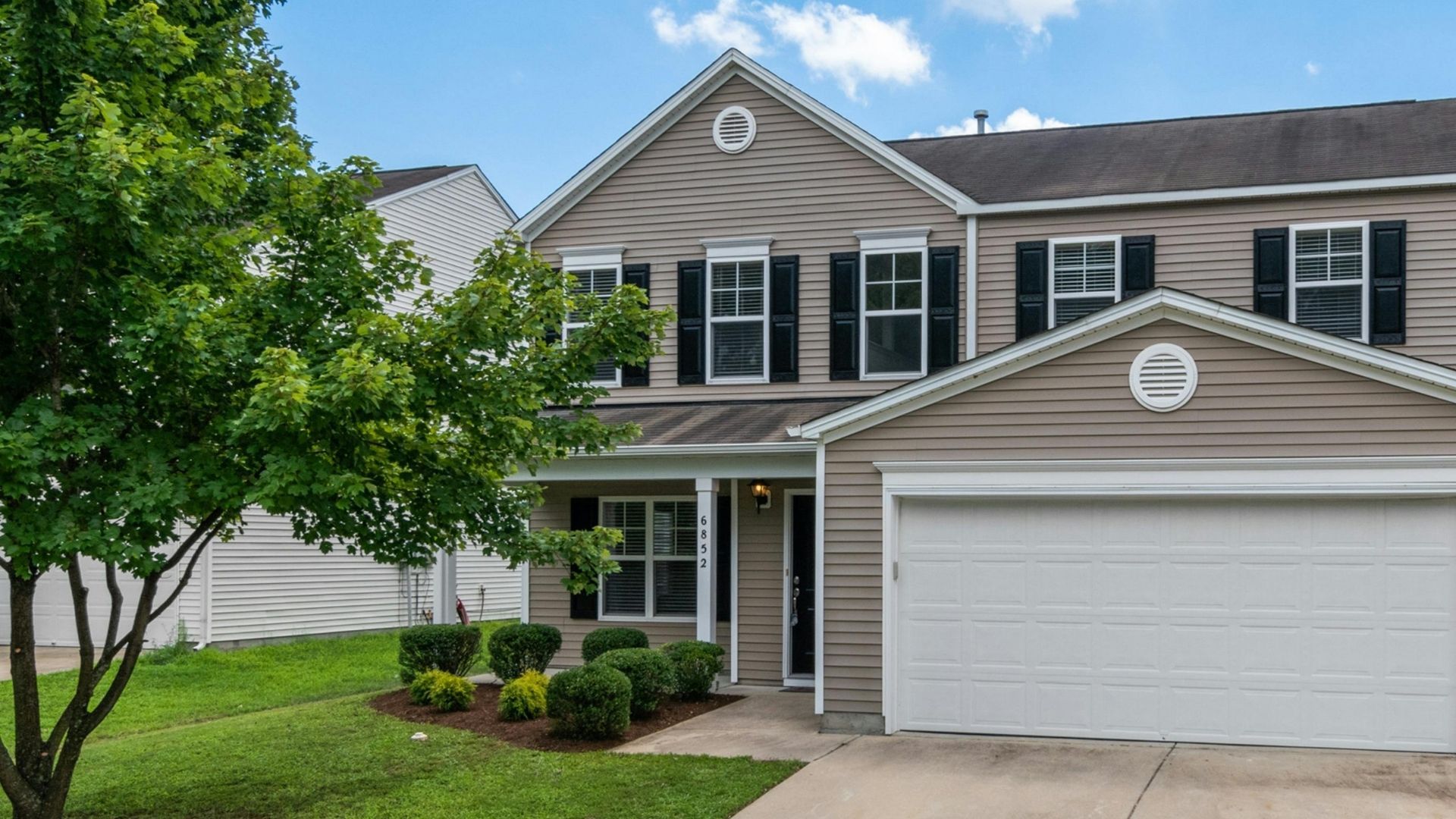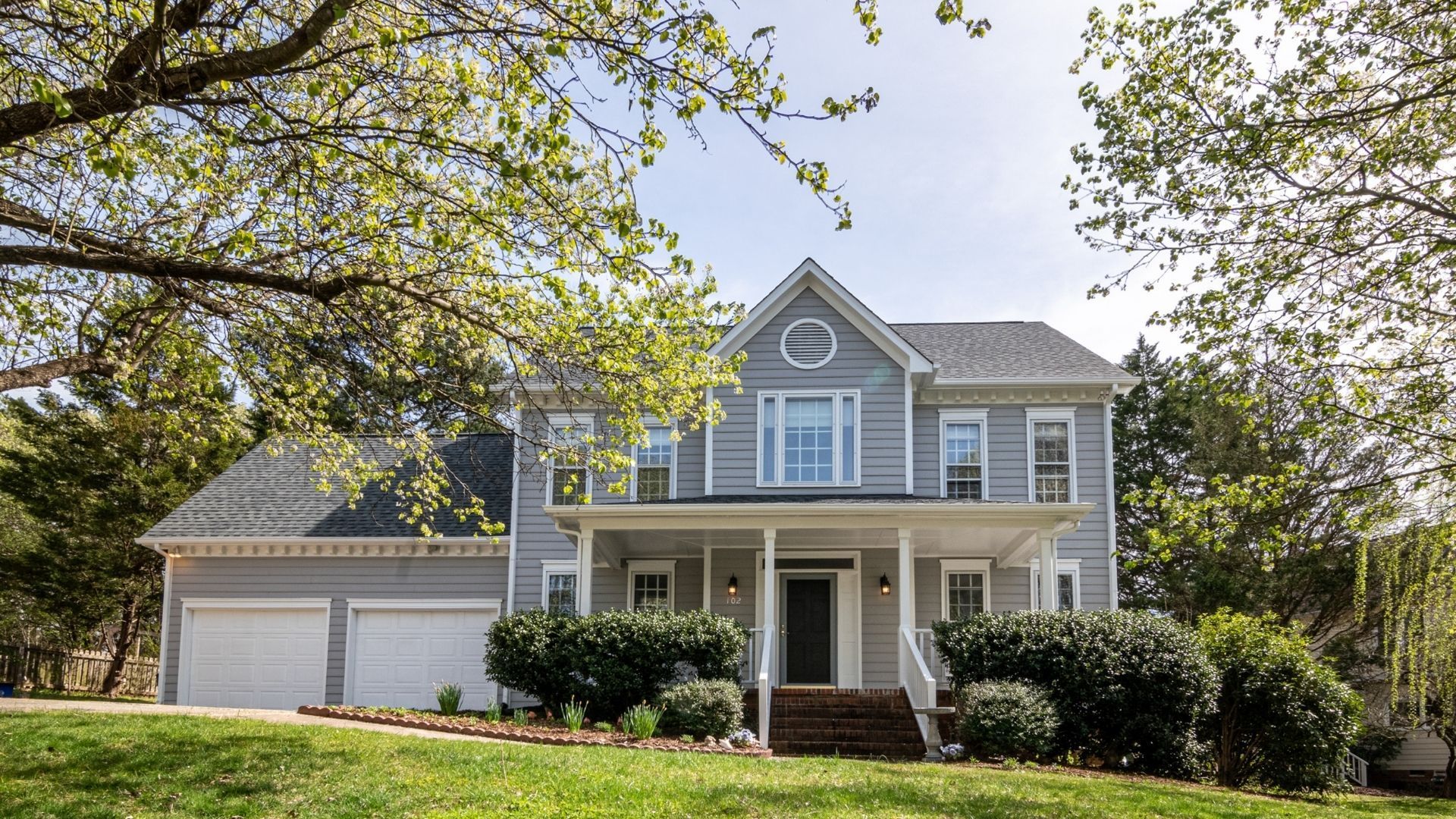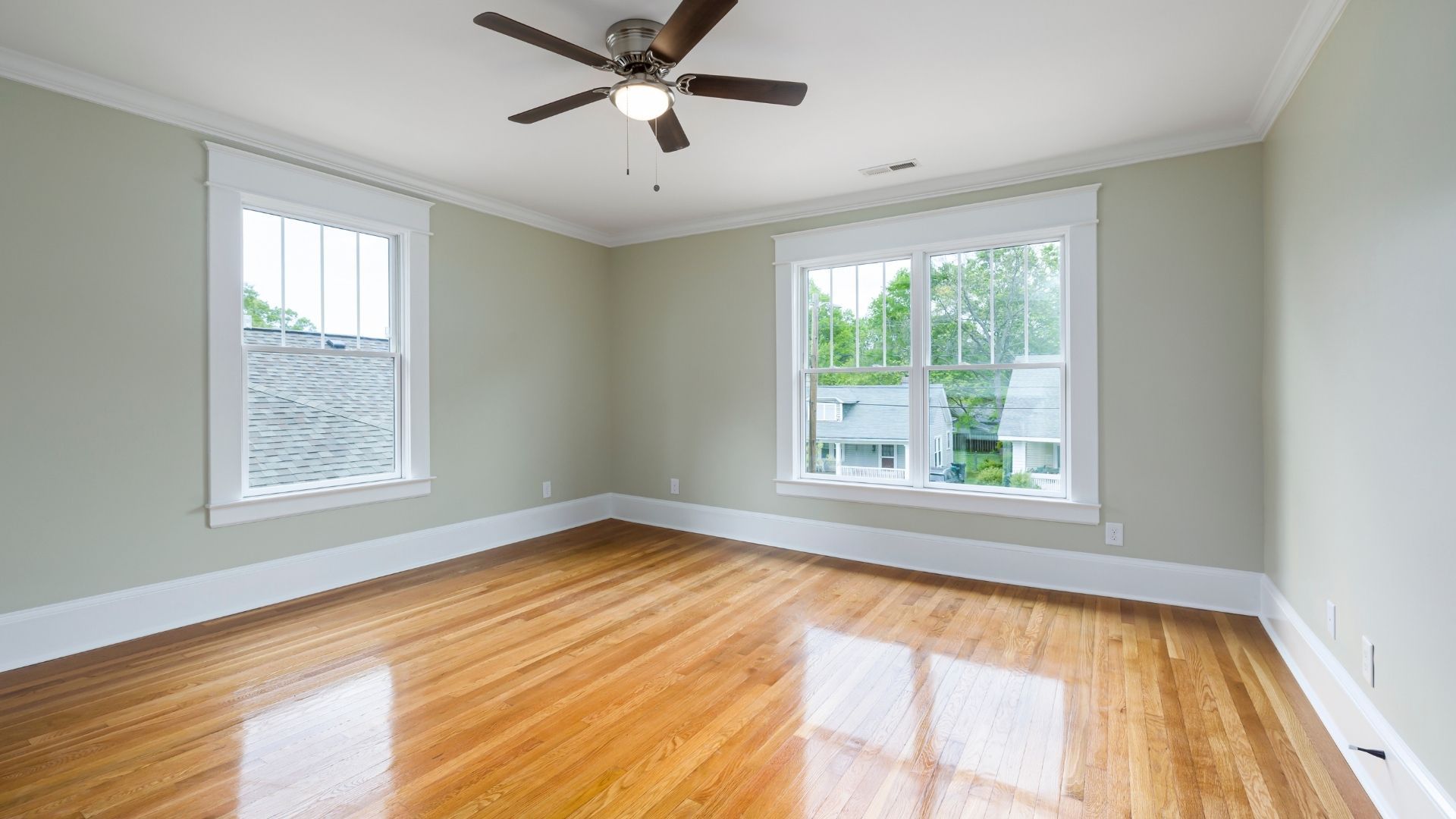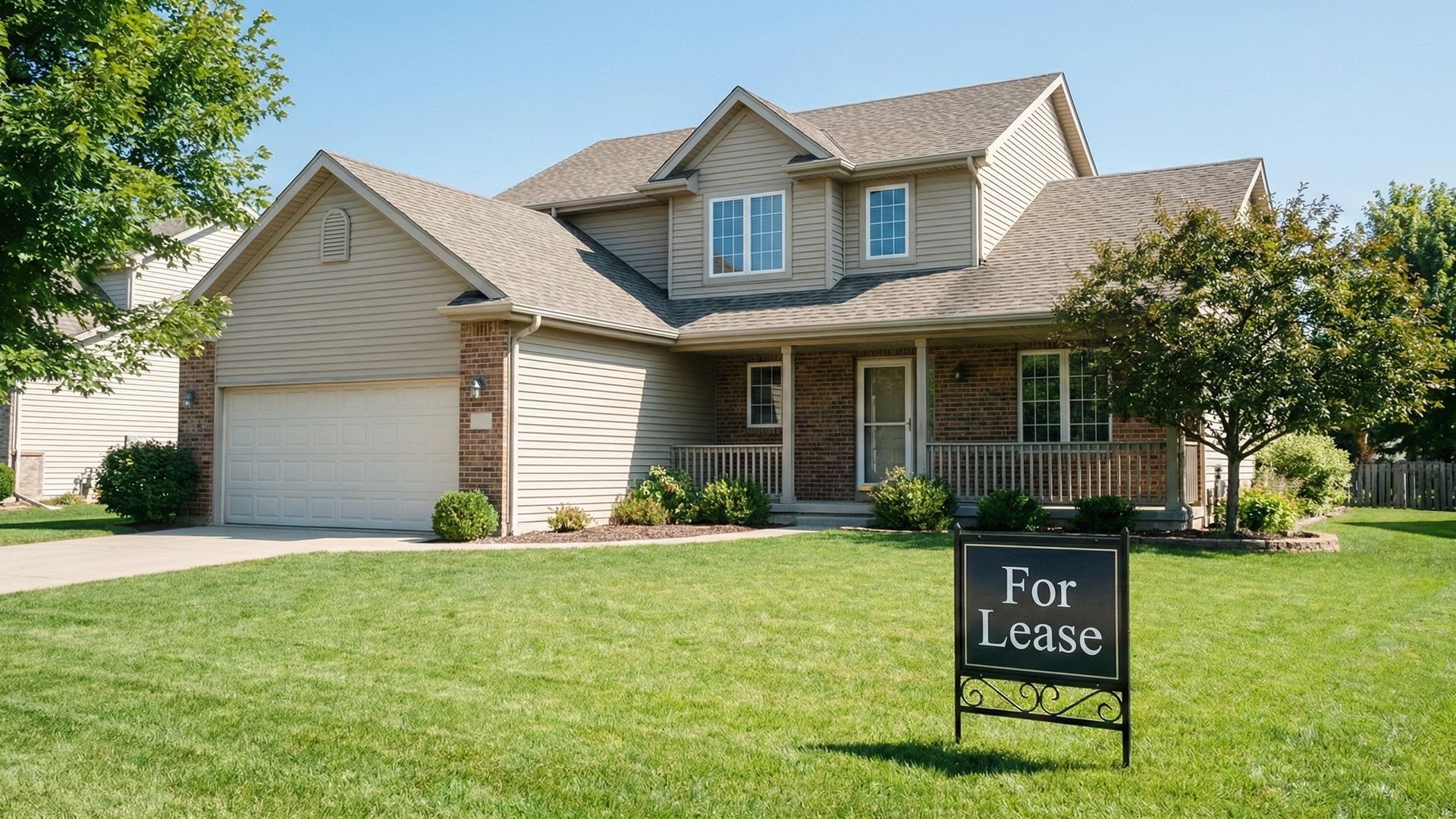The ONE Critical Mistake To Avoid As An Investment Property Owner
Any property owner with a pulse knows that they have to keep their property insured. That said, many investment property owners fail to realize that they need a specific type of insurance policy for their rental property. As an investment property owner, you MUST get a Landlord insurance policy, rather than a normal Owner-Occupant insurance policy.
Understanding the distinction between a Landlord policy and an Owner-Occupied policy is critical to ensuring that, in the event of a claim, the investment property owner is adequately insured. In fact, any claim for property damage to an investment property made under an owner-occupant insurance policy will surely be denied. Insurance companies LOVE denying otherwise legitimate claims on policy coverage basis, and making sure that you have the right type of insurance policy in place is critical!
Briefly discussed below are the two primary situations in which an investment property owner finds themselves improperly insured:
- Primary Residence conversion to Rental: This situation most often occurs when an Owner Occupant purchases a new home to live in and, rather than sell their previous home, the owner converts their old primary residence into an investment property. Undoubtedly, this form of “house hacking” is an excellent way to build a real estate portfolio (purchasing a primary residence offers advantages as to down payment amounts, optimized interest rates, etc.), but the owner MUST notify their insurance carrier about the change of status of the original home from owner-occupied to investment property, or future claims will be denied on that basis. Often, this critical step gets lost in the chaos of the new home purchase and move!
- Primary Residence as an occasional Short Term Rental: Understandably, many owner occupants are interested in generating ancillary revenue from their homes. To that end, homeowners may list their homes on various vacation rental websites, particularly during major music festivals and/or sporting events in their area, in order to take advantage of the influx of tourists. This can be a major problem in the event of an insurance claim, in that most owner-occupant insurance policies have specific coverage exclusions for short term rentals and vacation rentals. Insurance claims on properties that are used as vacation rentals, even if the claim is unrelated to the vacation rental (i.e. hail damage), can be denied on the policy coverage basis.
So what’s the takeaway here? The TYPE of insurance policy required is dictated by the USE of the property. Make sure you are clearly communicating with your insurance agent about the use of your property, to make sure that future claims are covered!
Thanks for reading, hope this was helpful. Talk soon!










